Sick prisoner Aysel Tuğluk forced to present defense during hearing
Jailed former HDP deputy co-chair Aysel Tuğluk, who suffers from dementia, was repeatedly asked questions and forced to defend herself during the last hearing of the Kobane case on Aug. 1.
Duvar English
The court board in the Kobane case on Aug. 1 repeatedly asked questions to Aysel Tuğluk, former deputy co-chair of the Peoples’ Democratic Party (HDP), who suffers from early-onset dementia, despite her saying "I am not in a situation to defend myself.”
Tuğluk, a Kurdish politician, has been held in a high-security prison for more than five years on charges of membership in a terrorist organization. She was arrested in December 2016 as part of an operation against the Democratic Society Congress (DTK) on charges related to the Kurdistan Workers' Party (PKK).
In recent years, Tuğluk’s family and legal team began reporting her declining health. Tuğluk's condition deteriorated in the aftermath of her mother’s funeral in 2017, which was attacked by an anti-Kurdish nationalist mob. Tuğluk was on leave from prison to attend the funeral, but because of the violence, she was unable to see her mother being buried.
She has received a medical report from Kocaeli University Hospital stating that due to her condition, she is unfit to remain imprisoned. However, the pro-government Istanbul Forensic Medical Institute (ATK) ruled that she is able to stay in prison and has refused to approve her release.
Tuğluk’s team says that the longer she stays behind bars, the worse her condition will become. Activists, politicians, and human rights groups have been calling for her release since late last year with increasing urgency as her condition worsens. Tuğluk is just 57 years old.
During the last hearing of the Kobane case on Aug. 1, Tuğluk’s lawyer Serdar Çelebi demanded that Tuğluk not be heard, pointing out to several health reports.
“We gave many reports regarding the health status of Aysel Tuğluk. It is clear that Tuğluk cannot defend herself. The right to defense is essential to a fair trial. This is ill-treatment, torture,” Çelebi said.
The court rejected Çelebi’s request, citing the medical reports by the Forensic Medical Institute that deemed Tuğluk “fully criminally responsible” and fit to stand trial.
Tuğluk, who was connected to the hearing via the video-conferencing system SEGBİS, stated that she is not “in a situation to defend herself” because of her health condition. However, the court board continued to ask questions to her, Mezopotamya News Agency reported.
Although Tuğluk insisted that she could not understand the questions and does not recall the incidents, the board continued to ask questions by saying, "Would you like me to explain more slowly?"
As a response, Tuğluk said, “I don't know when or what happened. I don't know how I've been prosecuted.”

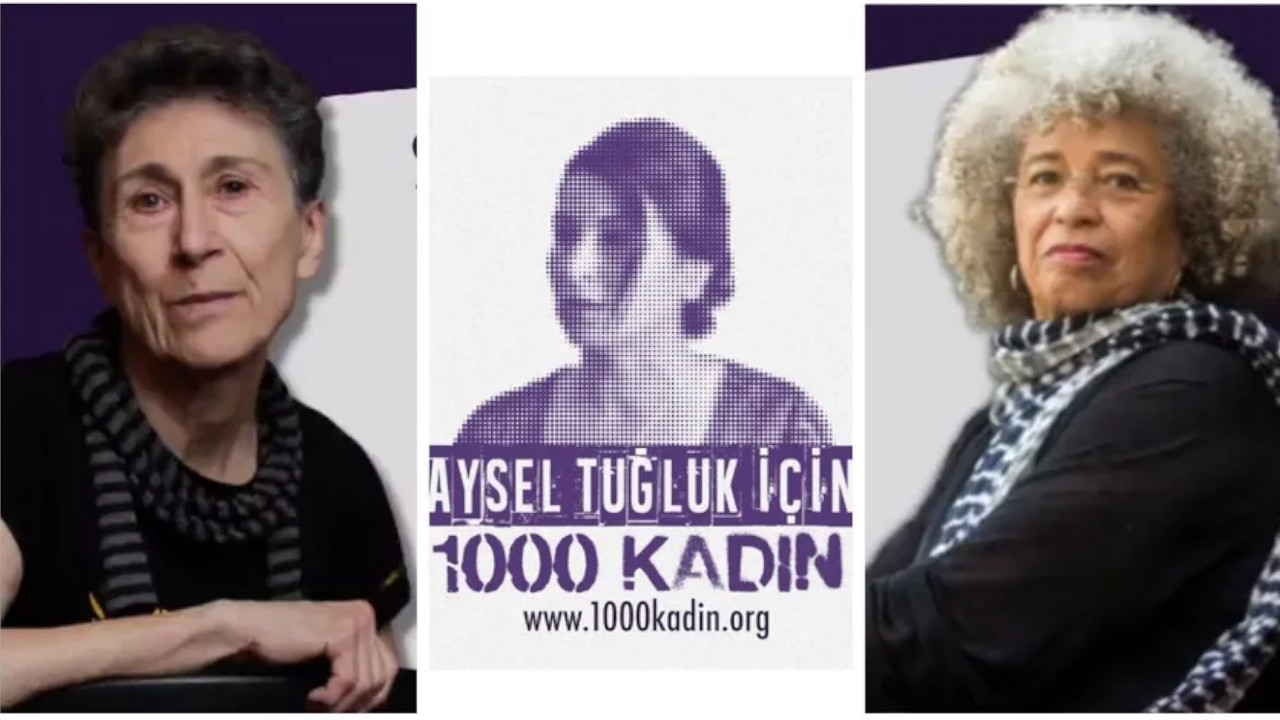 Feminist writers Silvia Federici and Angela Davis call for sick prisoner Aysel Tuğluk’s freedomHuman Rights
Feminist writers Silvia Federici and Angela Davis call for sick prisoner Aysel Tuğluk’s freedomHuman Rights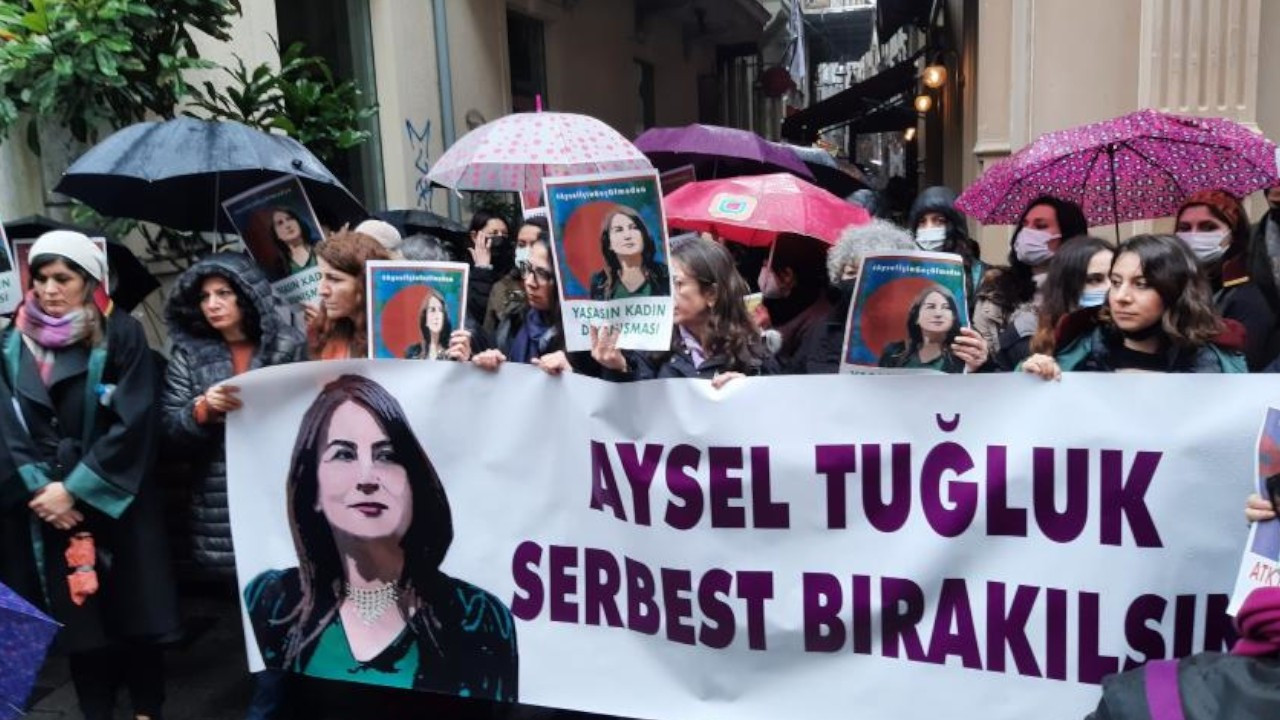 Female lawyers urge bar associations to speak up for jailed politician Aysel TuğlukHuman Rights
Female lawyers urge bar associations to speak up for jailed politician Aysel TuğlukHuman Rights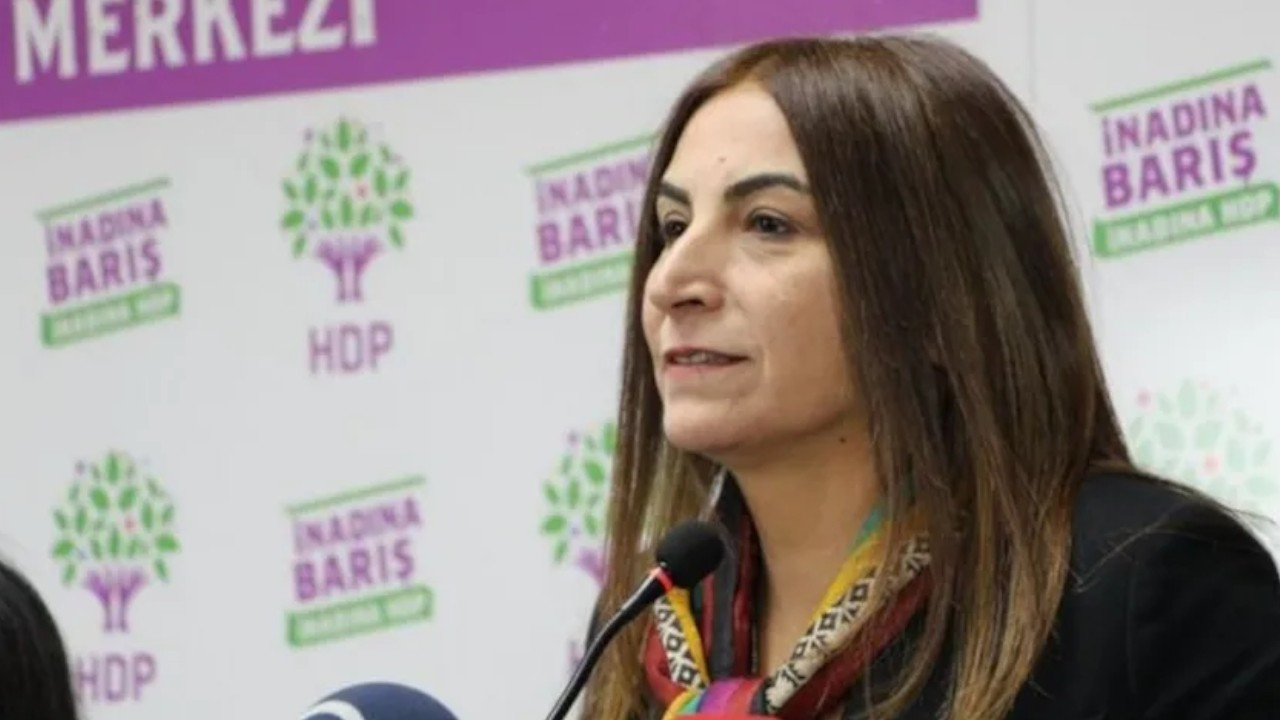 Sick prisoner Aysel Tuğluk’s lawyers to legally challenge medical reportHuman Rights
Sick prisoner Aysel Tuğluk’s lawyers to legally challenge medical reportHuman Rights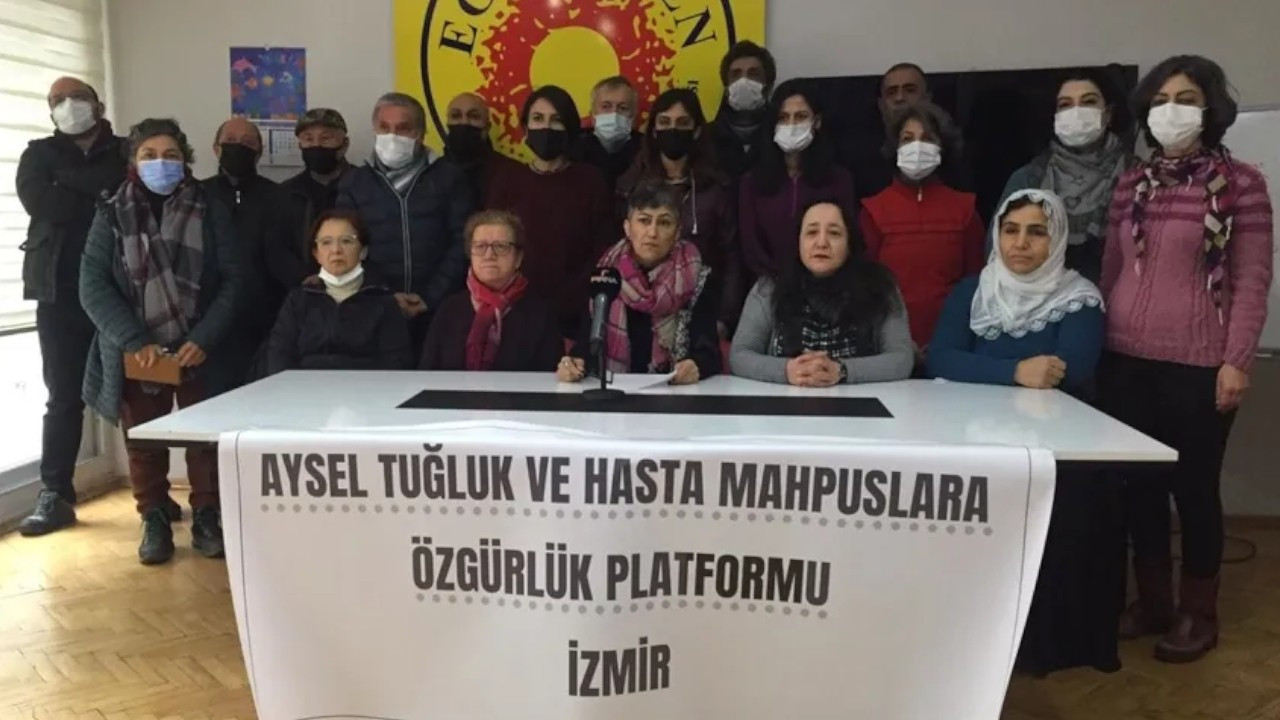 Activists launch platform for Kurdish politician Aysel Tuğluk and other sick prisonersHuman Rights
Activists launch platform for Kurdish politician Aysel Tuğluk and other sick prisonersHuman Rights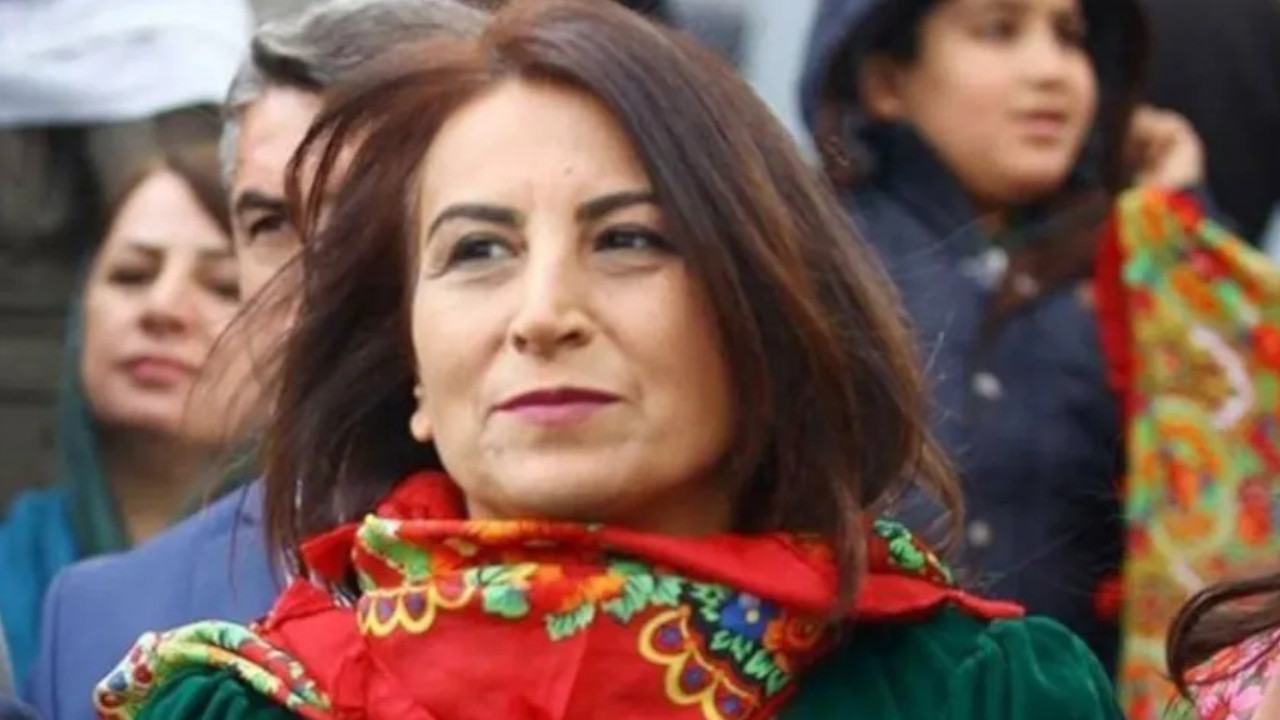 Kurdish politician suffering from illness sent back to jail after three days under observationHuman Rights
Kurdish politician suffering from illness sent back to jail after three days under observationHuman Rights